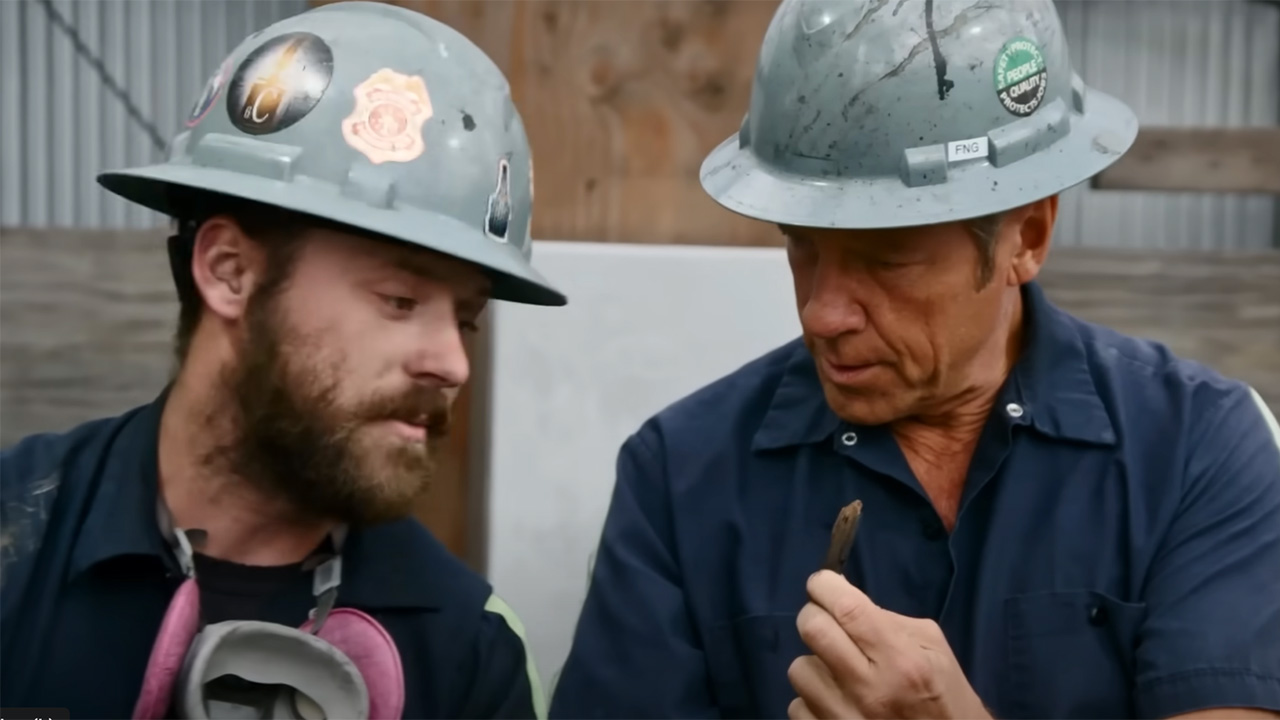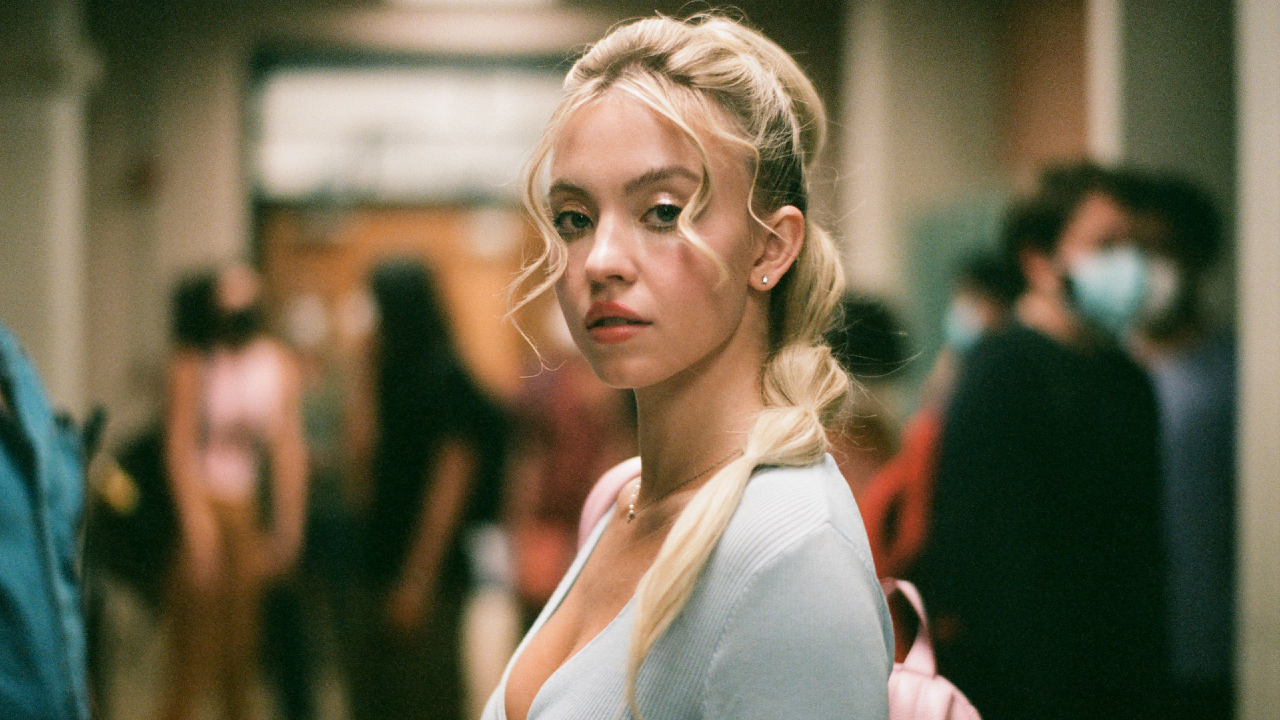Mike Rowe Reveals The Full Story Behind Dirty Jobs Only Becoming A Hit Years After It Hit The Airwaves
It's fascinating and goes way back to the 1970s --before Dirty Jobs became a hit.

Your Daily Blend of Entertainment News
You are now subscribed
Your newsletter sign-up was successful
Mike Rowe started his career as a narrator and host for things like CD-ROM trivia before breaking into the TV game. He picked up some local TV gigs where he started narrating a segment called “Somebody’s Gotta Do It.” It was a popular concept, and Rowe would later turn the idea into the longer form series you may know as Dirty Jobs. While Rowe was proud of the show when it hit the TV schedule, he opened up about how it actually took quite a few years before the show blew up – and for his career to see an uptick in the process.
In a wide-ranging interview, Mike Rowe got candid about the “prophetic” vision he had that led to a career in becoming an expert on the skills gap in the States. He said that he’d seen companies from the seventies on take hands-on work out of schools, creating what he calls a “giant gap in the workforce.” The popular interview host got right to the point about what he saw happening in the U.S. that led to the creation of his hit Discovery show, which began airing in 2003 and later become one of the best shows on Max and other streamers.
We created a giant gap in the workforce between blue and white collar jobs. White were clearly ascendant. Blue was clearly subordinate. And the rift in our workforce and the labor shortage that we’re seeing today, in my estimation, can be walked right back to the moment we decided to take shop class out of high school. And so many things followed that as a result.
In effect, he clarified to Reason Magazine he'd had the vision to land on the path he did. And when things started going south with the economy following the housing crisis in '08 Dirty Jobs was already there to show people that the "pr campaign" for college may have stretched us thin in other ways.
Not that he seemingly didn’t enjoy crawling “through sewers” and teaching audiences about other interesting things many people in society might never have thought about otherwise. And it propelled his career forward in ways he himself may never have imagined.
One of those things in a completely tertiary way was a show called Dirty Jobs, which basically gave me permission to crawl through sewers and channel my inner eight-year-old. I mean it was such an odd thing for that show to happen the way it happened. But… I didn’t really start looking for a way to articulate a policy because I had some deeply held belief and I needed to be heard. That crazy show blew up and then the headlines caught up to the themes of the show.
This didn’t happen overnight, however. Mike Rowe has said he had to "shake people" in the past to get them to pay attention to essential workers who are out of the spotlight. So, it took some time for Dirty Jobs to start being recognized as a widely known reality show. And the secondary effect the sudden fame and popularity had meant that Rowe became an expert of sorts on a whole variety of labor topics.
So in 2008, Dirty Jobs had been on for five years, suddenly it’s this hit. The country goes into a recession, work finds its way into the headlines, along with the skills gap, and people started to call me to see if I had an opinion. And I kind of did, but honestly it wasn’t so much of mine as what was leftover from buying lots of beer for lots of people whom we featured on the show and listening to them bitch, complain, moan and just wax on about the challenges of running a small business that required skilled labor.
Ultimately Dirty Jobs was cancelled in 2012 before getting revived for Discovery plus (and those with a Max subscription). While Rowe said he’s not taking “a giant victory lap” for being correct about the direction he believed American society was heading, he did note that it allowed him to put together the mikeroweWORKS Foundation and help young people who aren’t sure college is a direction they want to go in to find vocations.
I personally can remember the first Dirty Jobs episode I ever watched, in which Mike Rowe taught me that the job doesn’t end when construction companies are finished working. In that episode, he shared how road crews pour concrete and over time that hardens in the drum. Then a “chipper” has to go in and clear the concrete out of that drum so work can begin anew.
Your Daily Blend of Entertainment News
Call me naive, maybe, but I’d never even thought about that concept as a job before. I think there are a lot of people who saw an entirely different side of the world after Dirty Jobs broke big, and it's certainly a series that has had a lasting impact in a lot of ways, shapes and forms.

Jessica Rawden is Managing Editor at CinemaBlend. She’s been kicking out news stories since 2007 and joined the full-time staff in 2014. She oversees news content, hiring and training for the site, and her areas of expertise include theme parks, rom-coms, Hallmark (particularly Christmas movie season), reality TV, celebrity interviews and primetime. She loves a good animated movie. Jessica has a Masters in Library Science degree from Indiana University, and used to be found behind a reference desk most definitely not shushing people. She now uses those skills in researching and tracking down information in very different ways.
- Jessica RawdenManaging Editor
